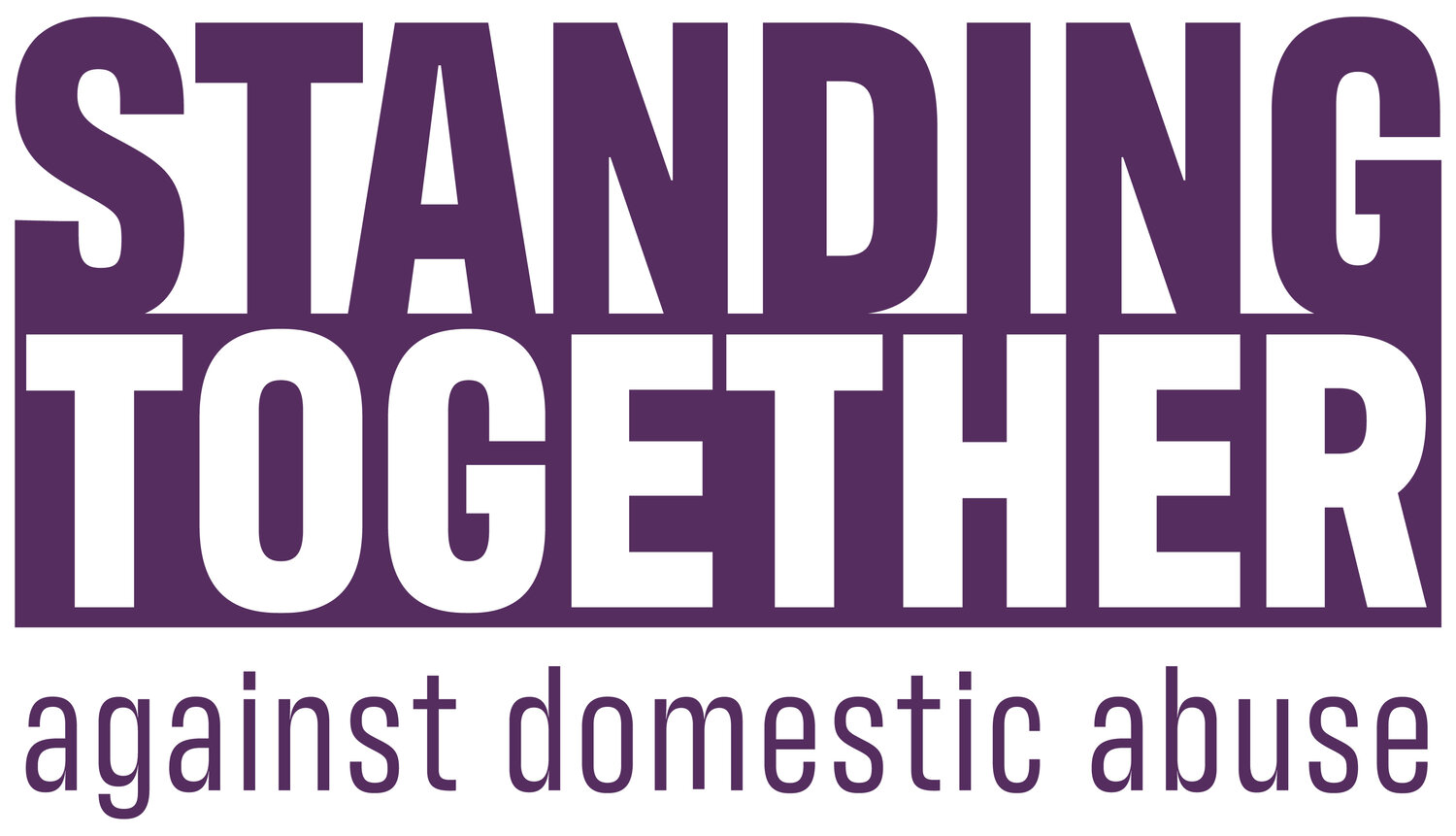Standing Together Welcomes National Rollout of Victim Attendance at Parole Hearings – Stresses Need for Survivor-Centred Support Within a Coordinated Community Response
Standing Together welcomes the national rollout of victim attendance at parole hearings across England and Wales, effective from 1 April 2025. This follows a successful pilot in Greater Manchester and the South West, where victims reported feeling more confident and reassured by witnessing the process of accountability within parole proceedings.
The new measure allows victims to apply to observe parts of private parole hearings, marking a step forward in recognising the right of survivors to engage meaningfully in the justice process. While some sections of hearings will remain closed due to risk-sensitive content, this development responds to long-standing calls for greater transparency and inclusion.
Cherryl Henry-Leach, CEO of Standing Together, said:
“We welcome this move toward a more open justice system, where survivors are no longer left on the sidelines of decision-making that directly impacts their lives. But access alone is not enough—this rollout must be grounded in a trauma-informed, survivor-centred approach, supported by a Coordinated Community Response that puts safety, agency, and wellbeing first.”
Ensuring Safe and Meaningful Participation
Standing Together advocates for the implementation of this reform through a Coordinated Community Response (CCR)—an approach that ensures every agency involved works collaboratively to uphold survivor safety, dignity, and voice. This includes:
Embedding trauma-informed practices and access to specialist domestic abuse advocates, such as Independent Domestic Violence Advisors (IDVAs), to guide and support survivors throughout the parole process.
Providing clear, accessible guidance co-developed with survivors to ensure they understand their rights, the scope of hearings, and what to expect if they choose to attend.
Offering safe and flexible participation options, including virtual attendance, anonymity safeguards, and wraparound emotional support before and after hearings.
Ensuring continued consultation with survivor-led organisations and the specialist sector, particularly as government explores further reforms—such as potential High Court referrals for high-risk cases.
While some survivors may find empowerment and closure through participation—as reflected in pilot feedback—others may find the experience distressing or re-traumatising. The choice to attend must always be informed, voluntary, and supported, and never assumed as a universal need.
